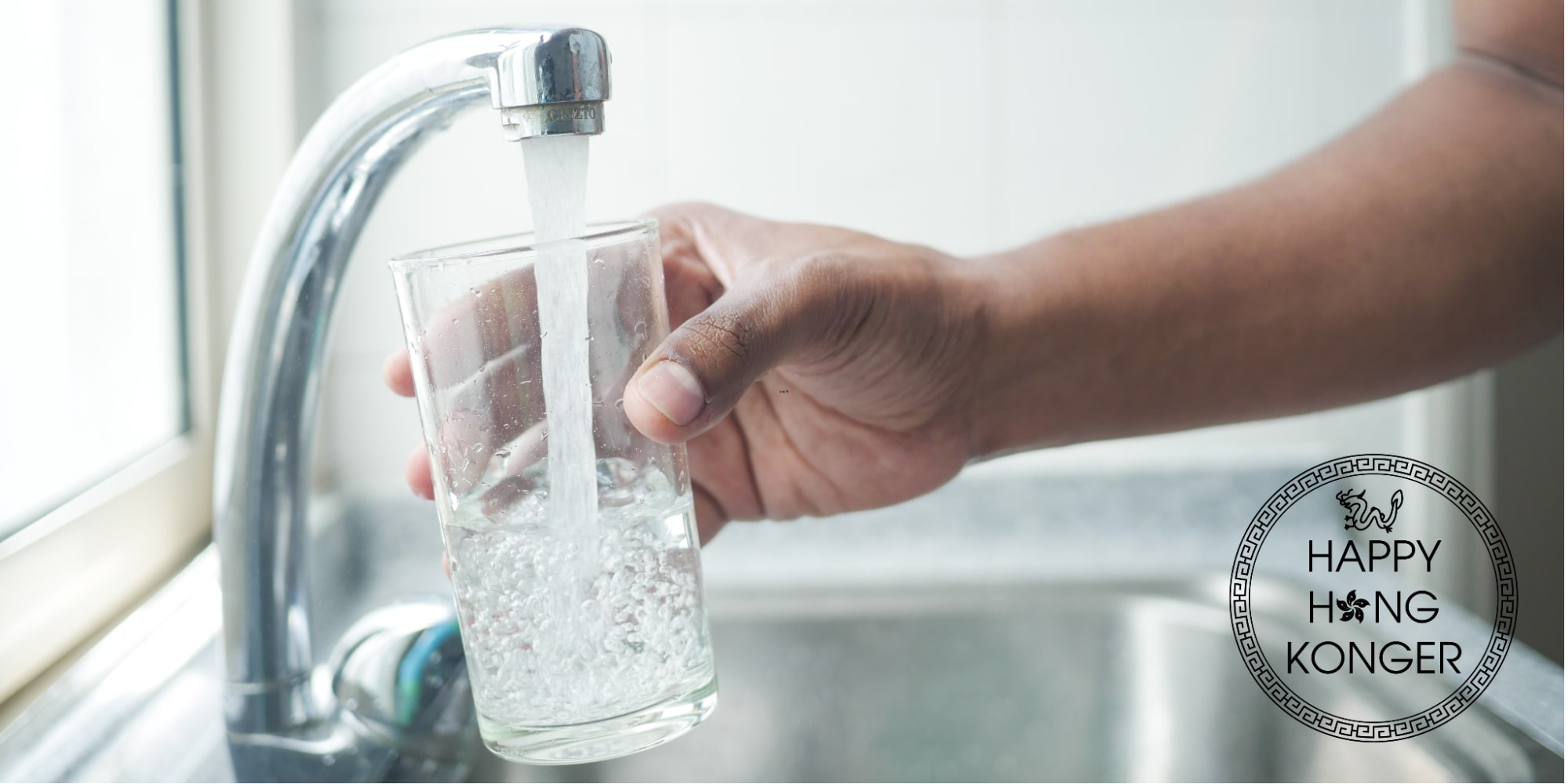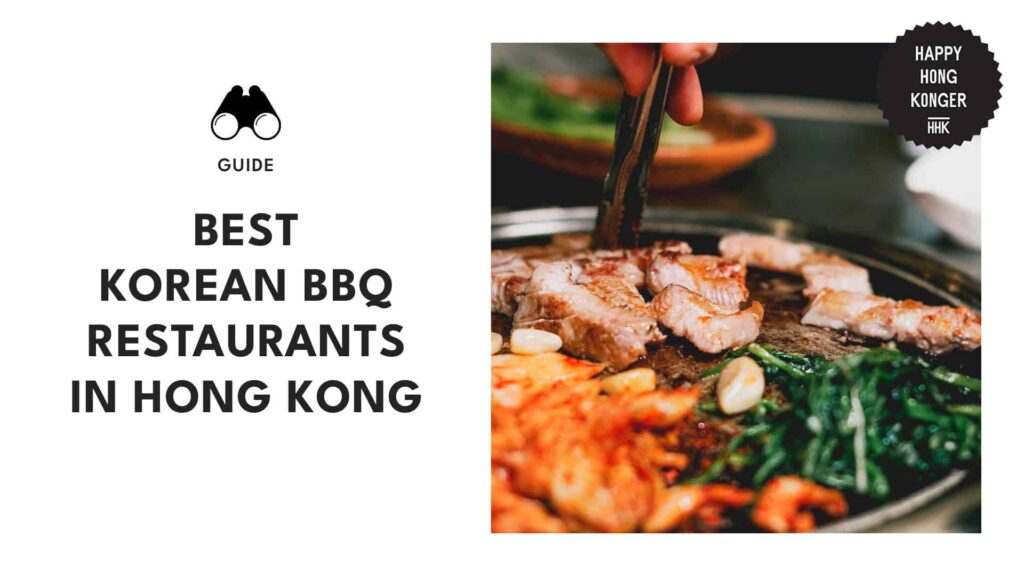Categories > Guides and Tips

Hydration Check: Is tap water in Hong Kong drinkable?
Alright, confession time: I probably don’t drink enough water. I mean, who can resist the allure of a steaming cup of coffee or a comforting mug of tea, right? I certainly can’t, most of the day!
But sometimes, I want a drink quickly – and what’s quicker than a tap? But then comes the question: Is it safe for me to drink from there?
Is tap water in Hong Kong drinkable?
Generally, tap water in Hong Kong is safe for consumption. It undergoes treatment that matches the quality standards of the US, Western European countries, and the WHO.
However, if you’re a resident in one of those vintage buildings, consider adding a water filter to your toolkit anyway. Those old pipes might throw in a surprise or two, and uninvited guests like microplastics might crash the hydration party.
Overview of Hong Kong’s Tap Water
As I said earlier, ladies and gents, rest assured! The tap water in Hong Kong is on par with the big leagues, meeting the esteemed WHO standards and benchmarks set by the EPA and EU.
It’s also worth noting that Hong Kong’s tap water actually comes from the Dongjiang River in Guangdong, China. That’s the primary source because Hong Kong doesn’t have its own local water stash.
Now, this river water isn’t exactly pristine from the source due to farming and waste, but fear not! Hong Kong takes care of it with water treatment, making sure it’s safe for everyone to drink by the time it reaches our taps.
Furthermore, the Water Supply Department performs over 160,000 quality checks annually to ensure safe water for all homes. Quality control is taken seriously here, people.
Hong Kong’s Tap Water Treatment
First things first, they scoop up rainwater from Dongjiang and catch some rainfall action. Then, it’s a four-step process for the water: pre-treatment, clarification, filtration, and a final disinfection swoop.
Now, here’s where it gets interesting. Even with this A-list treatment, some folks still swear by the old-fashioned boiling routine for their tap water.
But, the truth is, it’s not necessary! It’s like adding a fancy hat to a well-dressed guest – a personal choice, not a must-do for safety.
What is Hong Kong tap water like?
Hong Kong’s tap water boasts some unique characteristics. It’s soft, a bit on the alkaline side (with a pH over 8), and surprisingly low on calcium, meaning bye-bye to stubborn limescale.
Plus, there’s hardly any chlorine aftertaste tagging along. As for minerals, they’re on the lighter side, but no sweat! We get our mineral fix from chowing down anyway.
When it pours from the tap, it’s not exactly icy cool. It’s more like a lukewarm 23 degrees. Yet, despite this warm welcome, it’s still a refreshing sip that won’t give you much to complain about.
Hidden Risks in Building Pipelines
The main thing to watch out for is the condition of the water pipes within each building. If you’re in a newer building constructed after 2000 or one that’s had its pipes updated, you’re likely in good shape.
Of course, this assumes the building is well-maintained, which is typically regulated. For older buildings, it’s wise to check with the property management to see how things stand.
To minimize the potential issue with pipe contaminants, a simple trick is to let the water run for about 2 minutes before using it for drinking. This helps clear out most potential problems.
But hey, if you want an extra layer of assurance, a trusty water filter can easily handle any concerns related to these pipes.





